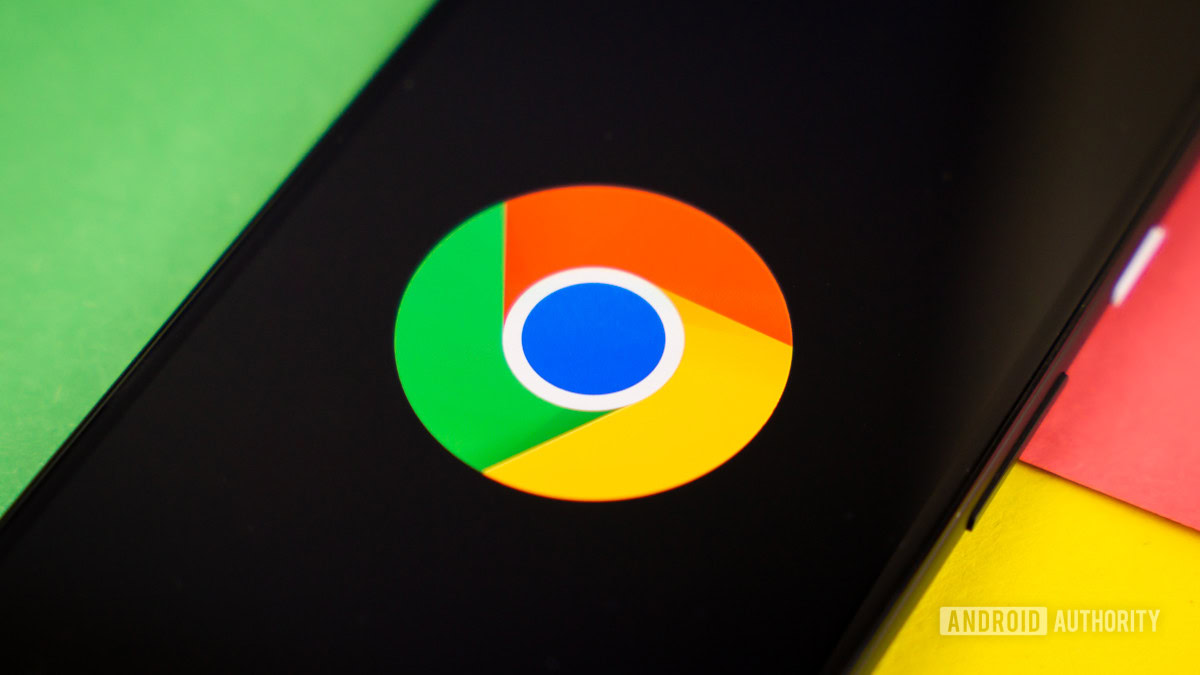Affiliate links on Android Authority may earn us a commission. Learn more.
Chrome’s address bar adds machine learning to deliver better suggestions
Published onApril 29, 2024

- Google has added machine-learning models to the Chrome address bar in the latest browser update.
- The address bar will use ML to provide “more precise and relevant” web page suggestions.
- The company plans to explore training specialized versions of the ML model for different scenarios.
The address bar in the Chrome browser just got a big update. Google says this update should help the address bar provide web page suggestions that are “more precise and relevant” than before.
In a blog post, the Mountain View-based firm announced that the latest version of Chrome (M124) will bring a big improvement to the address bar, also known as the omnibox. Specifically, Google has integrated machine learning (ML) models into the omnibox, which will provide suggestions that more accurately align with what you’re looking for.
As the company explains, the tool previously relied on “hand-built and hand-tuned formulas” to offer suggested URLs. The problem, however, is that these formulas weren’t flexible enough to be improved or adapt to different situations. Google says with these new ML models, it can “collect fresher signals, re-train, evaluate, and deploy new models” over time. Since these formulas have remained largely untouched for years, this update is kind of a big deal.
Something the ML models will be able to take into account before suggesting a web page is the time since you last visited a URL. For example, if you navigated away from a page in the last few seconds or minutes, the model will give that URL a lower relevancy score as it was likely not the site you were looking for.
Going forward, the tech giant says it plans to “explore training specialized versions of the model for particular environments: for example, mobile, enterprise or academic users, or perhaps different locales.”